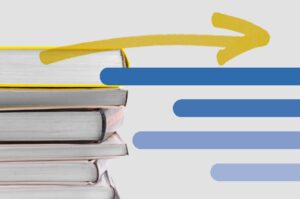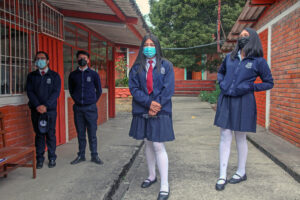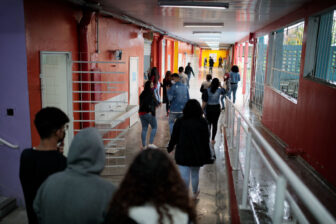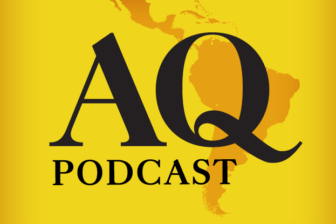This article is adapted from AQ’s special report on the education crisis | Leer en español | Ler em português
Across Latin America, a new generation of leftist leaders, including Gabriel Boric of Chile, Pedro Castillo of Peru and Xiomara Castro of Honduras, has been elected to address poverty and inequality, both of which have worsened during the pandemic. But it’s fair to say that nothing else politicians do will matter unless they address the 10-alarm crisis that COVID-19 has caused in schools across the region. There will be no social justice in the 2020s, and likely beyond, without urgent attention to education.
Take a deep breath, because the data are grim. While the picture varied across countries, Latin American schools on average were fully or partly closed for more than 230 days, more than any other part of the world. During the pandemic, as many as half of students did not participate in learning or have any contact with teachers, according to a new IDB study. Some now estimate the dropout rate will return to levels last seen in the 1980s. And of course, these trends are even more pronounced among the poor, young girls, and other historically disadvantaged groups.
What to do? Our special report highlights several possibilities. Politicians and educators should work together to improve both technology and curriculums post-pandemic, writes Fernando Reimers of Harvard University. A program in Argentina that targets and engages potential dropouts also seems worth emulating. These initiatives tend to require political will and coordination more than budget. All are better than the current strategy in many countries, which is to resume classes and almost pretend like nothing happened.
As Reimers notes, Latin America is a region where, even prior to the pandemic, 30% of employers cited poor schools as a major barrier to growth, above the 20% global average. Accepting educational setbacks is akin to accepting another decade, or two, or three, of slow growth, rising inequality and a lost generation of youth. That’s a failing grade no one should want.











